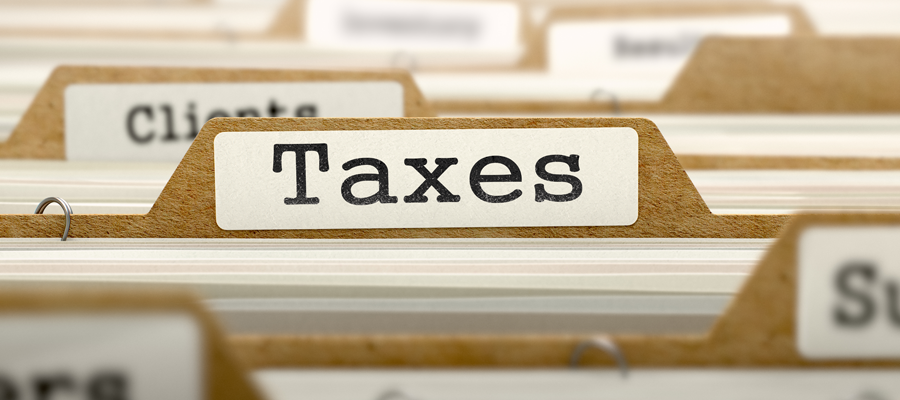
As tax season gets underway, the American Bankers Association is urging all consumers to take extra precaution when filing their return to prevent their exposure to tax fraud.
“Fraudsters are using very clever tactics to get a hold of your personal information and submit false tax claims,” says the ABA. “Consumers must be suspicious of any communication from the IRS through email, text, or social media that requests personal information, and should keep a watchful eye out for missing W-2s and mail containing sensitive financial information.”
Tax identity fraud takes place when a scammer files a false tax return using a stolen Social Security number in order to fraudulently claim the refund. Identity thieves generally file false claims early in the year and victims are unaware until they file a return and learn one has already been filed in their name.
Here are seven tips from the ABA to prevent tax ID fraud:
- File early. File your tax return as soon as you’re able, giving scammers less time to use your information to file a false return.
- File on a protected Wi-Fi network. If you’re using an online service to file your return, be sure you’re connected to a password-protected personal network. Avoid using public networks like a Wi-Fi hotspot at a coffee shop.
- Use a secure post office mailbox. If you’re filing by mail, drop your tax return inside the post office instead of your mailbox or other standalone mail receptacles. Some scammers look for completed tax return forms in home mailboxes during tax season.
- Find a tax preparer you trust. If you’re planning to hire someone to do your taxes, get recommendations and research a tax preparer thoroughly before handing over all of your financial information.
- Shred what you don’t need. Once you’ve completed your tax return, shred the sensitive documents that you no longer need and safely file away the ones you do.
- Beware of phishing scams by email, text, or phone. Scammers may try to solicit sensitive information by impersonating the IRS. Know that the IRS will not contact you by email, text, or social media. If the IRS needs information, they will contact you by mail first.
- Keep an eye out for missing mail. Fraudsters look for W-2s, tax refunds, or other mail containing your financial information. If you don’t receive your W-2s, and your employer indicates they’ve been mailed, or it looks like it has been previously opened upon delivery, contact the IRS immediately.
If you believe you’re a victim of tax identity fraud or if the IRS denies your tax return because one has previously been filed under your name, alert the IRS Identity Protection Specialized Unit at 1-800-908-4490. In addition, you should:
- Contact the IRS from a website number if you receive any notices, emails, text messages, or social media requests. DO NOT use the contact information provided because it could be fraudulent. Be sure to report all identity theft issues to the IRS as soon as possible.
- Contact your bank immediately and close any accounts that have been tampered with or opened without your permission.
- Contact the three major credit bureaus to place a fraud alert on your credit records:
- Equifax, www.Equifax.com, 1-800-525-6285
- Experian, www.Experian.com, 1-888-397-3742
- TransUnion, www.TransUnion.com, 1-800-680-7289
- Continue to pay your taxes and file your tax return, even if you must do so by paper.
More information about tax identity theft is available from the FTC at ftc.gov/taxidtheft and the IRS at irs.gov/identitytheft.
Source: American Bankers Association





